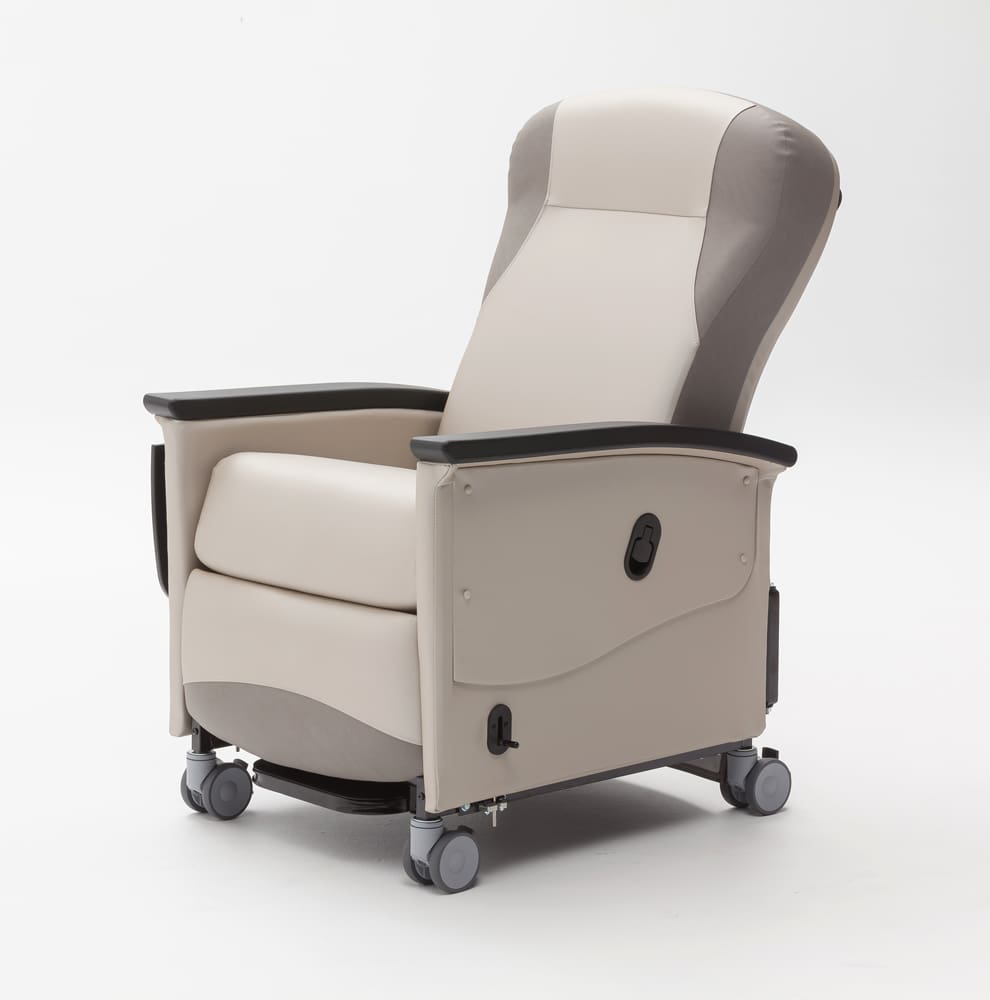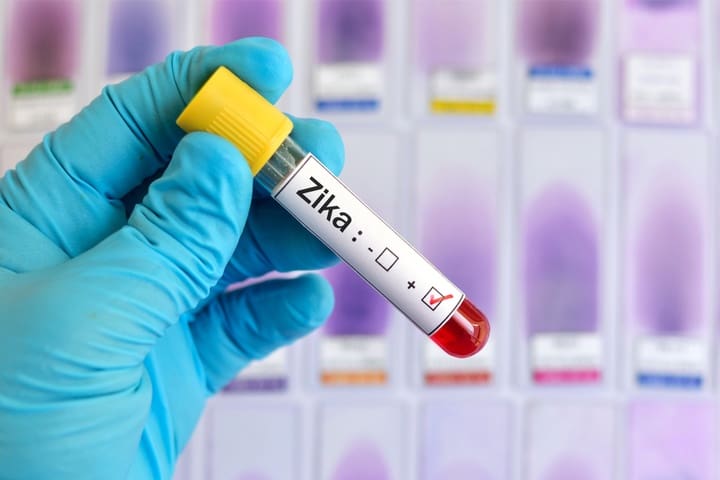How are you maintaining cultural sensitivity with your patients? To assist registered nurses (RNs) and other healthcare professionals as they serve diverse populations, the Department of Health and Human Services (HHS) released its enhanced National Standards for Culturally and Linguistically Appropriate Services (CLAS) in Health and Health Care and A Blueprint for Advancing and Sustaining CLAS Policy and Practice (The Blueprint) in April.
The American Nurses Association (ANA), along with key healthcare leaders, celebrated the launch at a series of events in Washington, D.C. at the Kaiser Family Foundation’s Barbara Jordan Conference Center and the White House. The White House briefing, led by HHS Secretary Kathleen Sebelius, focused on celebrating National Minority Health Month and opportunities to reduce health disparities and advance health equity through implementation of the Affordable Care Act and the National CLAS Standards.
The National CLAS Standards, initially developed by the Office of Minority Health at HHS in 2000, are intended to improve quality, advance health equity, and assist in eliminating healthcare disparities by establishing an outline to implement culturally and linguistically appropriate services. Due to the increasing diversity of the nation and the tremendous growth in the field of cultural and linguistic competency, the Office of Minority Health launched the National CLAS Standards Enhancement Initiative to update the standards to reflect these changes.
The Enhancement Initiative, which ran from 2010 to 2013, had three components: a public comment period, a systematic literature review, and consultations with an advisory committee consisting of experts and leaders from the public and private sectors representing a variety of settings. ANA, which was involved in the original effort and helped to develop an online cultural-competency training program for nurses in 2007, supported the initiative and was represented on the advisory committee to review and enhance the standards. ANA’s position statement on ethics and human rights states that “knowledge of cultural diversity is vital at all levels of nursing practice.”
Noted enhancements include changes to definitions used in the standards. As examples, the National CLAS Standards in 2000 defined culture in terms of racial, ethnic, and linguistic groups. The enhanced 2013 standards add to that definition by including geographical, religious, spiritual, biological, and sociologic characteristics in the revised definition. In the 2000 standards, the definition of health was implicit; in the enhanced 2013 standards, it is explicit and includes physical, mental, social, and spiritual well-being.
Although the standards are not regulations, they are intended to serve as a framework for individuals as well as healthcare organizations to implement and facilitate practices related to culturally and linguistically appropriate health services. A guide, The Blueprint, is available exclusively online at Think Cultural Health (
www.ThinkCulturalHealth.hhs.gov), which also provides more information about technical assistance, assessment and evaluation, promotion activities, and collaboration opportunities. Educational webinars are planned in the future. The enhanced standards provide RNs with a much-improved guide to improve cultural health in our country.
Rose Gonzalez is the director of Government Affairs at ANA.















